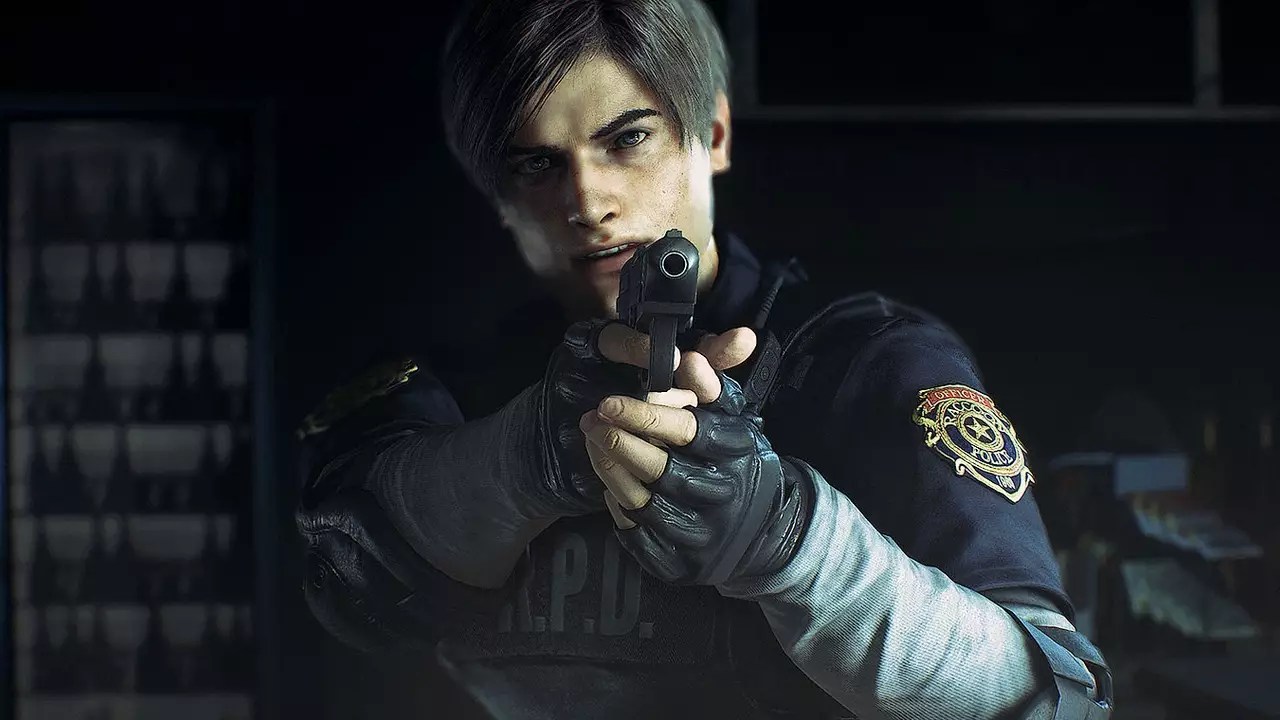In the evolving world of video games, the tension between developers and their audience often heightens as new titles approach release. With Resident Evil Requiem playing out under the watchful eye of director Koshi Nakanishi, fans find themselves grappling with conflicting signals regarding one of the franchise’s most beloved characters—Leon Kennedy. Instead of the anticipated hero, the spotlight appears to shine on FBI agent Grace Ashcroft, a fresh face bearing lineage from Resident Evil Outbreak’s Alyssa Ashcroft. For lifelong fans, this may seem like a drastic pivot from tradition, igniting debates about the essence and direction of the series.
Nakanishi’s insistence on distancing Leon from the upcoming title provokes curiosity. He has asserted that Leon’s characterization, synonymous with action and resilience, might not align with the horror elements that the Resident Evil franchise is renowned for. This notion raises an important dialogue: should a survival horror game be built around a character who has the training and experience to face danger head-on? This philosophical quandary at the heart of game design exemplifies the challenges developers confront.
The Fanbase Divide: Hope Versus Realism
The Resident Evil community exists in a state of perpetual anticipation, where rumors proliferate and hope springs eternal. Leaks from figures like Dusk Golem have prompted speculation about dual playable characters, with many hanging their hopes on Leon’s potential return. On one hand, fans argue fervently for the inclusion of Leon, citing his significance in the franchise’s historical fabric. On the flip side, Nakanishi’s proclamations about Leon’s unsuitability for horror resonate with fans who embrace the notion that evolution is crucial for long-lasting franchises.
However, the fervor surrounding Leon’s absence brings forth a critical view of gaming culture—where too often nostalgia trumps narrative innovation. Is the demand for established icons rooted in an authentic appreciation for their character journey, or is it merely a yearning for familiarity amid an ever-changing gaming landscape? As Resi fans clamor for recognition of past heroes, the creators are burdened with the task of advancing the narrative rather than recycling it. Striking a balance between innovation and homage becomes imperative, creating friction that can culminate in creative tension.
The Art of Deception: Are We Being Played?
As Nakanishi communicates a stark rejection of traditional horror tropes surrounding Leon, many are left wondering whether we’re witnessing an elaborate ruse. The director’s remarks appear to encompass sarcasm, pushing the idea that Leon’s absence equates to a richer horror experience. This strategy of misdirection prompts speculation that he may indeed be involved in the narrative, albeit in a way that subverts players’ expectations. Such manipulation of audience perception is not uncommon in the realm of video games, as developers often adopt cryptic tactics to heighten anticipation.
The timing could also indicate a clever marketing scheme. With the game set to launch just before the series’ 30th anniversary, what better way to rekindle old flames than to orchestrate a stunning reappearance of Leon? In a landscape replete with sequels and remakes, betraying players’ foresight with a surprise return could provide the emotional jolt needed to reinvigorate franchise engagement.
As initial excitement transforms into a deeper analysis, the discourse shifts toward what players desire from Resident Evil. Is it simply about exciting gunplay, or are fans seeking nuanced storytelling that explores how characters confront fear and adversity? The community’s dialogue embodies the question of whether the series’ trajectory should lean into its horror roots or forge ahead with characters that symbolize growth and change.
The Anticipation Unfolds
Ultimately, as we inch closer to the February 27 launch date for Resident Evil Requiem, a palpable tension hangs in the air. The fans eagerly dissect trailers and commentary, searching for any clues about the potential return of Leon. This collective nervous energy fuels discussions about the franchise’s future and the decisions that shape its legacy.
Regardless of Nakanishi’s assertions, one thing remains clear—video game narratives are becoming increasingly intricate, requiring both developers and fans to embrace the uncertainty of evolving storytelling. As the series approaches a milestone anniversary, the opportunity for renewed connection between characters and players beckons, forcing us to reconsider what we genuinely want from our gaming experiences. The excitement isn’t just about familiar faces, but also about the potential for new stories to be told amidst the shadows of survival horror.


Leave a Reply